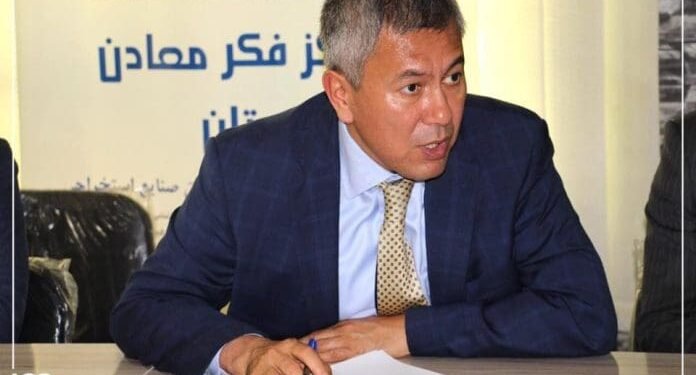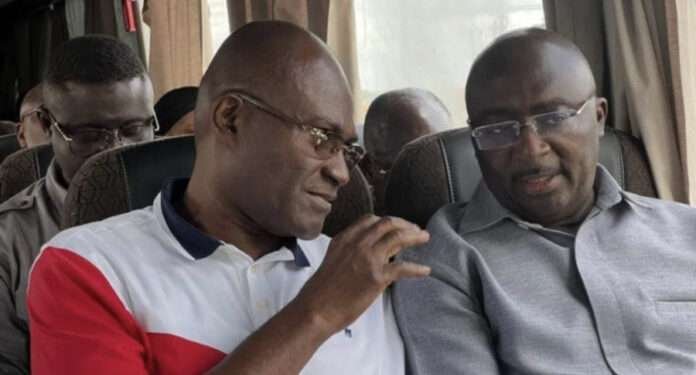Italy’s energy giant Eni reported a 25% decline in its second-quarter profit for 2025, as lower oil prices and reduced hydrocarbon production dragged earnings.
Despite these setbacks, the company maintained a strong outlook for the year, banking on a flexible business model, disciplined capital management, and new global projects to drive long-term growth.
The adjusted net profit for the three months ending in June stood at €1.13 billion ($1.33 billion), down from the same period last year. Earnings before interest and taxes (EBIT) came in at €2.68 billion ($3.15 billion), reflecting the impact of softer commodity prices and a 2.6% drop in oil and gas production.
However, Eni’s chief executive Claudio Descalzi remained optimistic, attributing the company’s resilience to a robust strategy and diversified operations.
“Eni’s consistent strategic focus has produced excellent results in Q2 ’25. The economic environment remains challenging, but Eni’s business model is strong and flexible.”
Eni’s chief executive Claudio Descalzi

One of the bright spots in the quarter was Eni’s upstream exploration success. The company announced an oil discovery in Namibia and a gas find in Angola—both viewed as promising assets that could bolster future output.
Additionally, Eni revealed progress on a new liquefied natural gas (LNG) project in Argentina, which is set to export 30 million tons annually by 2030.
These developments reflect Eni’s broader shift toward balancing traditional oil and gas ventures with strategic low-carbon initiatives. In Q2, the company completed the sale of a 20% stake in its green energy unit, Plenitude, to Ares Management Corporation.
The $2.3 billion transaction valued the subsidiary at $13.8 billion in enterprise terms, strengthening Eni’s financial position while allowing external investors to participate in its energy transition vision.
“Our transition-related satellites are growing.
“We agreed to a 20% investment by Ares in Plenitude and established a new joint venture with GIP for our carbon capture and storage (CCUS) operations.”
Eni’s chief executive Claudio Descalzi
Eni Boosts Cash Forecast

The company also reaffirmed its full-year guidance for capital expenditures, holding it below €8.5 billion ($10 billion).
Meanwhile, Eni raised its cash flow forecast for the year to €11.5 billion ($13.51 billion), up from a previous target of €11 billion, signaling stronger-than-anticipated financial performance in the face of macroeconomic headwinds.
Descalzi also emphasized that shareholder value remains a priority. “We continue to deliver value for shareholders while keeping the balance sheet stronger than ever,” he said,
He noted that despite volatile markets and currency pressures, proforma leverage was kept at 0.10, the lower end of Eni’s stated target range.
Production guidance for the rest of 2025 remains unchanged at 1.7 million barrels of oil equivalent per day (boepd), with third-quarter output projected to range between 1.7 million and 1.72 million boepd.
The drop in production during Q2 was partially offset by new field start-ups and optimization across Eni’s asset base.
Descalzi underscored the group’s operational discipline, highlighting a €2.7 billion proforma adjusted EBIT, €2.8 billion adjusted cash flow, and capital expenditure of €2 billion for the quarter, all figures that exceeded the company’s internal funding requirements.

He also announced Eni’s new cost-efficiency campaign, expected to generate an additional €3 billion in cash for the full year. This will support both growth initiatives and bolster liquidity.
“In this quarter, we have continued to deliver both growth and value in all our businesses.
“Looking ahead, we believe our strong financial position, unique and differentiated strategy, and ability to be flexible and agile mean we are well positioned to navigate the current market volatility and continue to deliver leading shareholder returns.”
Eni’s chief executive Claudio Descalzi
Despite the dip in quarterly profits, analysts say Eni’s diversified global portfolio, low breakeven projects, and steady cash flow generation offer resilience amid energy market uncertainties.
The company’s LNG expansion, especially in South America and Asia, is expected to play a crucial role in positioning Eni for long-term relevance in a decarbonizing world.
With a blend of traditional oil and gas investments and bold low-carbon ventures, Eni appears determined to stay at the forefront of the evolving energy landscape.
READ ALSO: Ghana’s Mobile Money Borrowing Surges: 22% of Adults Now Rely on It – World Bank























